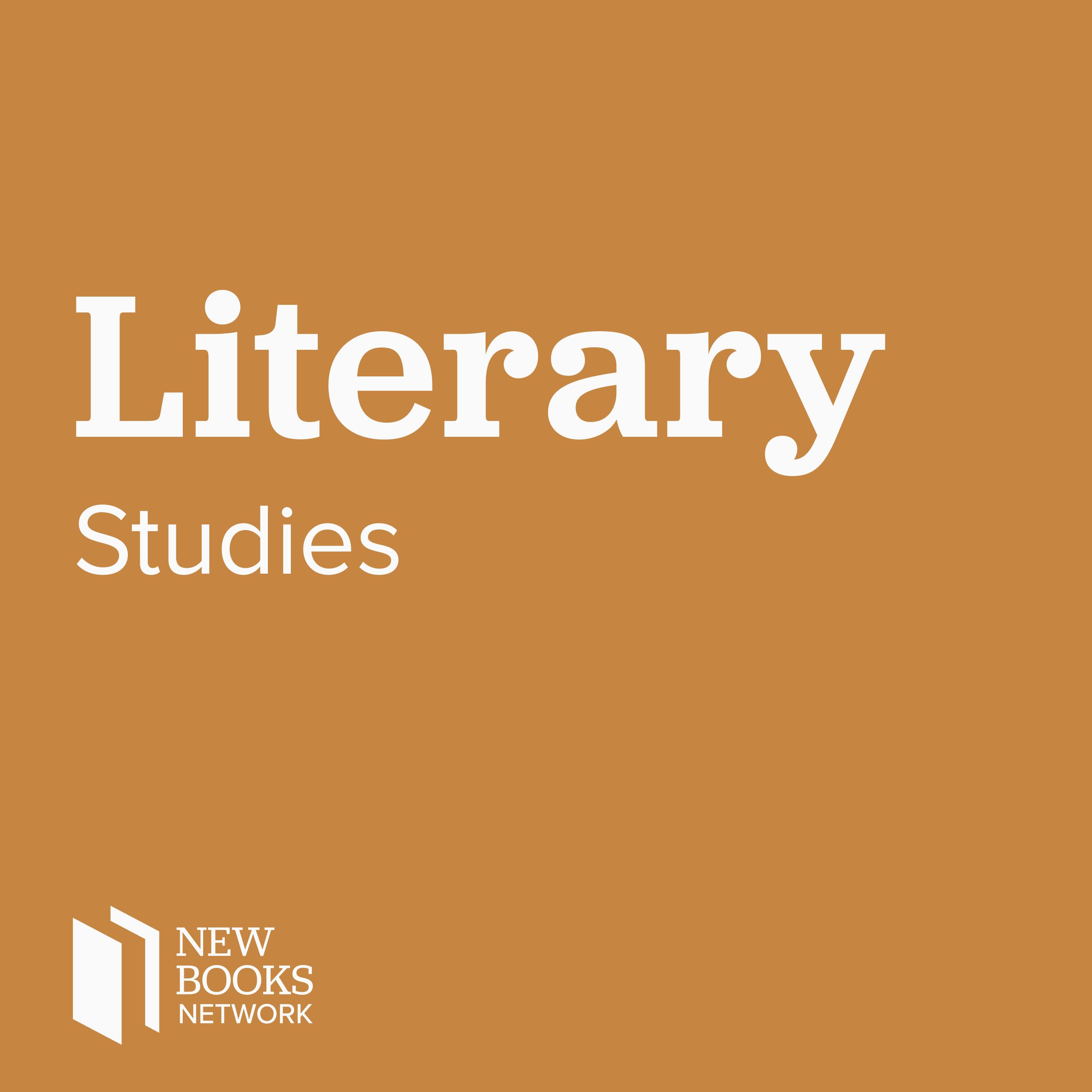
Marchella Ward, "Blindness and Spectatorship in Ancient and Modern Theatres: Towards New Ways of Looking and Looking Back" (Cambridge UP, 2023)

New Books in Literary Studies
Shownotes Transcript
The use of disability as a metaphor is ubiquitous in popular culture – nowhere more so than in the myths, stereotypes and tropes around blindness. To be 'blind' has never referred solely to the inability to see. Instead blindness has been used as shorthand for, among other things, a lack of understanding, immorality, closeness to death, special insight or second sight. Although these 'meanings' attached to blindness were established as early as antiquity, readers, receivers and spectators into the present have been implicated in the stereotypes, which persist because audiences can be relied on to perpetuate them.
Marchella Ward's book Blindness and Spectatorship in Ancient and Modern Theatres: Towards New Ways of Looking and Looking Back) (Cambridge UP, 2023) argues for a new way of seeing – and of understanding classical reception - by offering assemblage-thinking as an alternative to the presumed passivity of classical influence. And the theatre, which has been (incorrectly) assumed to be principally a visual medium, is the ideal space in which to investigate new ways of seeing.
*Corinne Doria is a historian specializing in the social history of medicine. She is a lecturer at the Chinese University of Hong Kong in Shenzhen and teaches Disability Studies at Sciences-Po (Paris). Her work focuses on the history of ophthalmology and visual impairment in the West.*
Learn more about your ad choices. Visit megaphone.fm/adchoices)
Support our show by becoming a premium member! https://newbooksnetwork.supportingcast.fm/literary-studies)